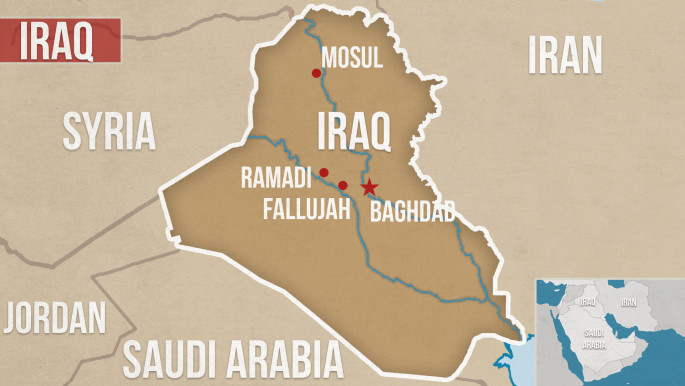60,000 face food shortage in Iraq's Fallujah
The food situation for civilians trapped in the besieged Iraqi city of Fallujah is "extremely worrying and likely to deteriorate" unless aid gets into the city, the United Nations World Food Programme has warned.
Around 60,000 people are facing food shortages, and prices remain prohibitively high, while stocks are dwindling in shops and homes.
"Aid has not reached Fallujah since the government recaptured nearby Ramadi in December 2015," the WFP report said, adding that people wanting to leave the city and seek safety were unable to do so.
"Food prices remain extremely high, and stocks in shops and households are depleting. In March, the price of wheat was six times more expensive than in December," the report said.
It added that shops and markets had run out of food supplies including wheat, sugar, rice, vegetable oil and lentils.
Anti-government fighters took control of Fallujah, just 50 kilometres (30 miles) west of Baghdad, in early 2014 during unrest that broke out after security forces demolished a protest camp farther west, and it later became an Islamic State group [IS] stronghold.
 |
|
IS seized more territory in surrounding Anbar province after launching an offensive later that year, but pro-government forces have since regained significant ground from the militant group.
Iraqi forces have largely cut off access to Fallujah, while Islamic State group militants are preventing residents from leaving the city.
Last week, Humans Right Watch [HRW] released a similar report citing the deteriorating situation in the city.
HRW said residents in the city were starving, with what little food was available being sold at exorbitant prices.
It added that desperate residents were making soup from grass and grinding date seeds to make flour for bread.
"The people of Fallujah are besieged by the government, trapped by IS, and are starving," HRW's deputy Middle East director, Joe Stork, said in a statement.
"The warring parties should make sure that aid reaches the civilian population."
Iyad Allawi, a former interim prime minister, warned that Fallujah faced imminent destruction.
"Despite our repeated warnings, the situation in the city is getting worse at an alarming rate," Allawi said.





 Follow the Middle East's top stories in English at The New Arab on Google News
Follow the Middle East's top stories in English at The New Arab on Google News


